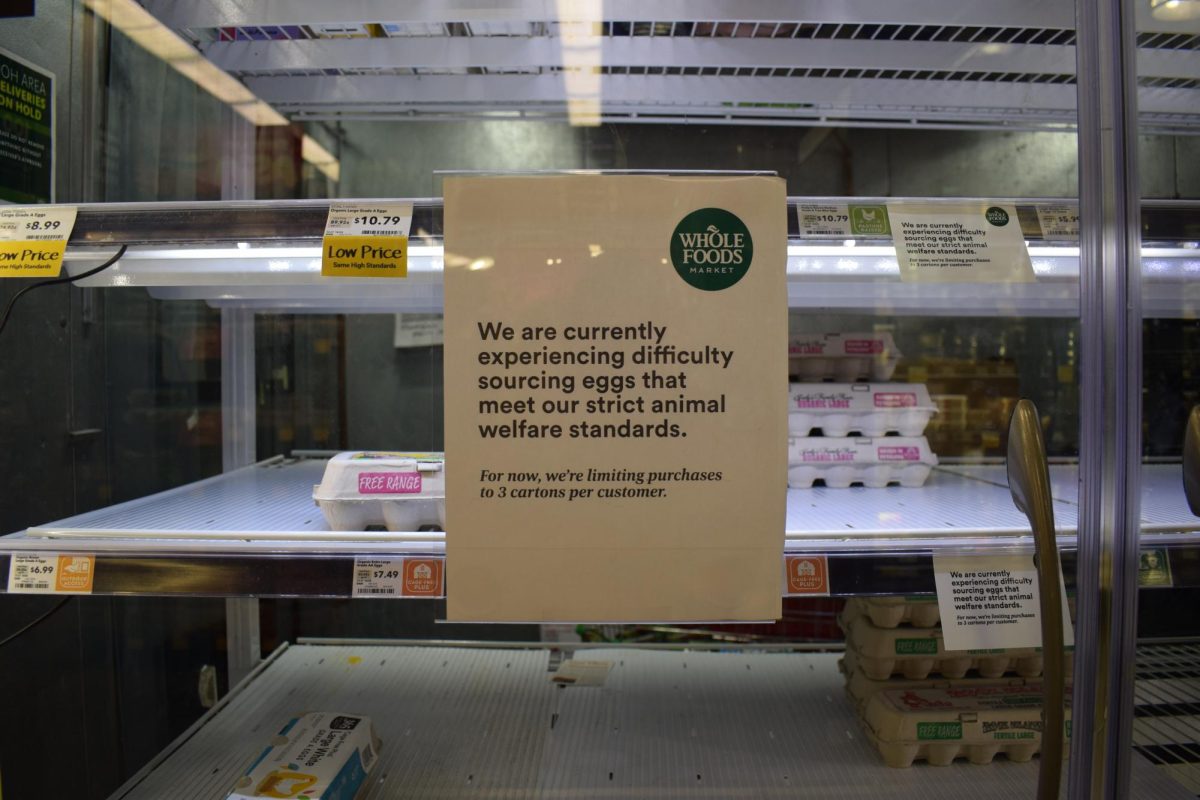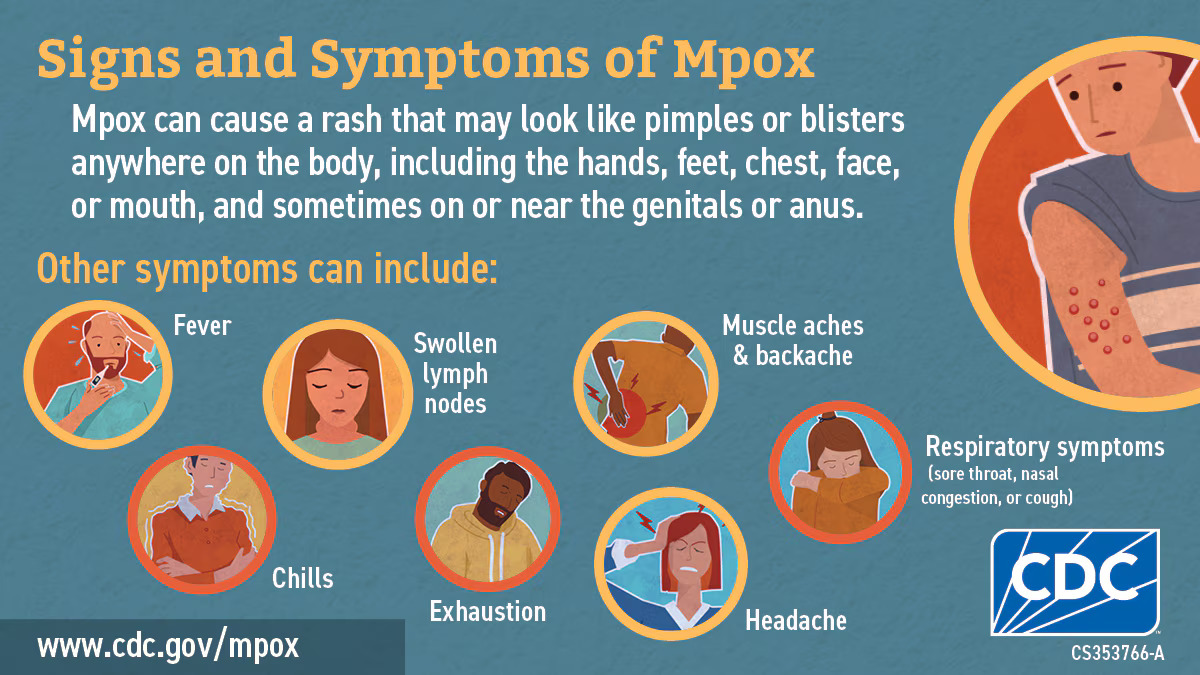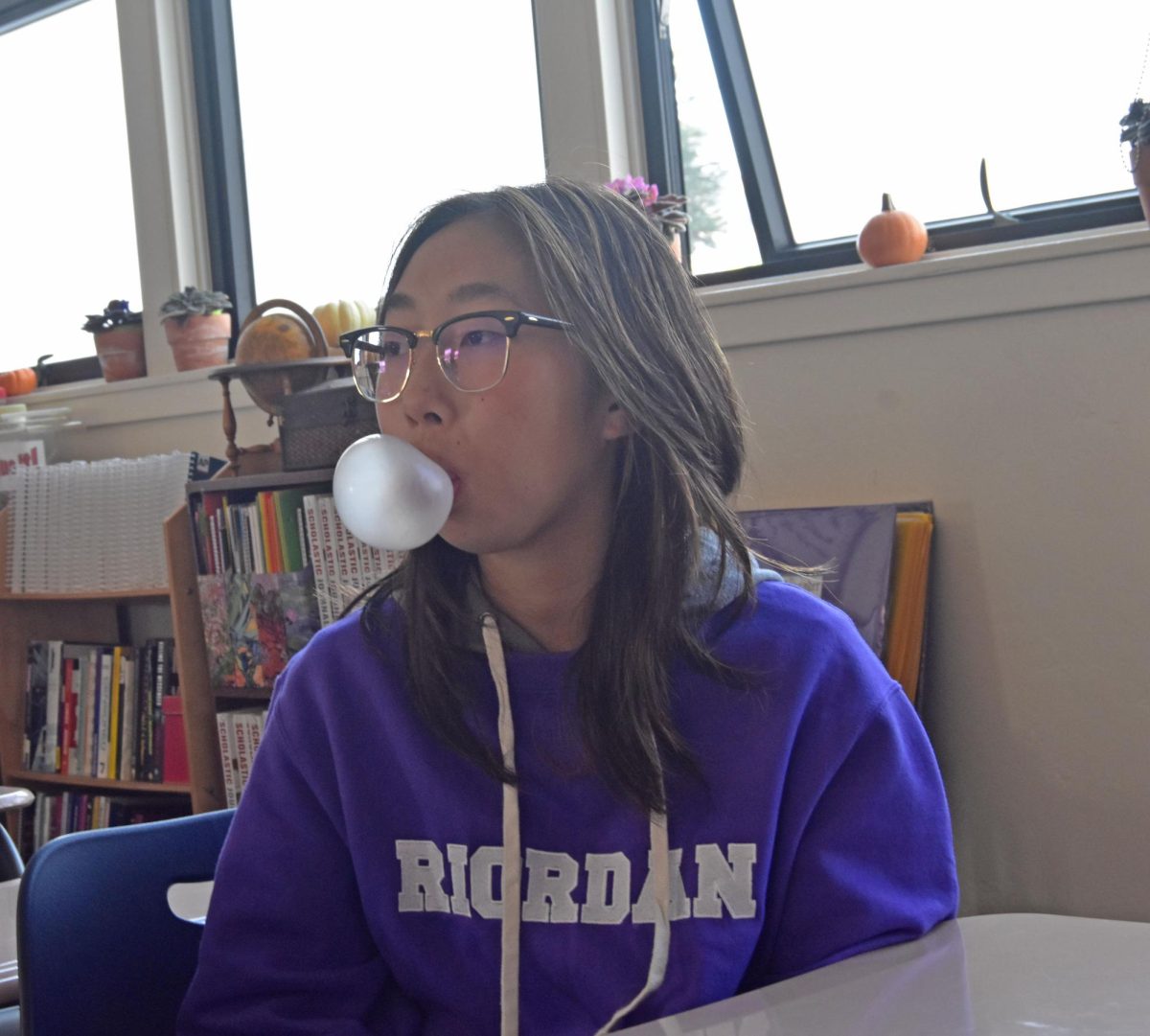A Virginia-based Ethiopian teen has been awarded for his invention of soap that could potentially treat low-grade skin cancer at an affordable price. Highschool student Herman Bekele named his scientific invention, “Skin Cancer Treating Soap,” otherwise known as SCTS.
Before his research, Bekele collaborated with the University of Virginia to help conduct pre-research on skin cancers and treatments.
In October of 2023, Bekele was awarded America’s Top Young Scientist during the annual competition, 3M Young Scientist Challenge. Awarding 5th through 8th graders and placing winners with a $25,000 prize. His invention of this soap continues to be recognized for its potential to influence future treatments.
Bekele shared his plans with ABC News to focus his invention on those who are unable to afford modern skin cancer treatments. Once all research is completed on the effectiveness of his product, he plans to simplify the soap to make it accessible in comparison to modern clinical treatments that many are unable to afford. Even with these plans, the soap will still have to undergo the regular clinical trials, which could take up to 10 years.
Many people worry about the effectiveness of the soap. As the product is first being publicly introduced to the public, many voice their concerns and opinions on its effectiveness. With the possibility of clinical trials taking years to complete, many seek their own ideas of its usefulness.
Kyra Milachuk ’24, an AP Biology student asserted, “I think the soap could work really well or work very badly. The main problem is that the majority shows up in very small spots that you may necessarily wash well with soap. My grandfather got skin cancer on the very tip of his ear, a spot most people would not even consider seriously washing.”
Herman stayed hopeful as he patiently awaits the trials and results that he believes could take up to five years. He hopes to take the soap to market to begin a nonprofit, so it can be available to those who need it.
His submission, skin cancer-treating soap (SCTS), works to replenish the skin with dendritic cells, which are responsible for initiating all antigen-specific immune responses.
According to the National Library of Medicine, “Dendritic cells are essential for the initiation of immune responses by ensuring the link between innate and adaptive immunity. Dendritic cells play a pivotal role in tumor control via the uptake and presentation of tumor antigens.”
Herman explained that using his soap every couple of days on the affected skin would result in improvement.
Statistically, The American Cancer Society estimates about 97,610 new melanomas will be diagnosed. Because of advances in treatment, the mortality rate of melanoma patients has decreased overall and this number is predicted to continue its decline within its coming years.







